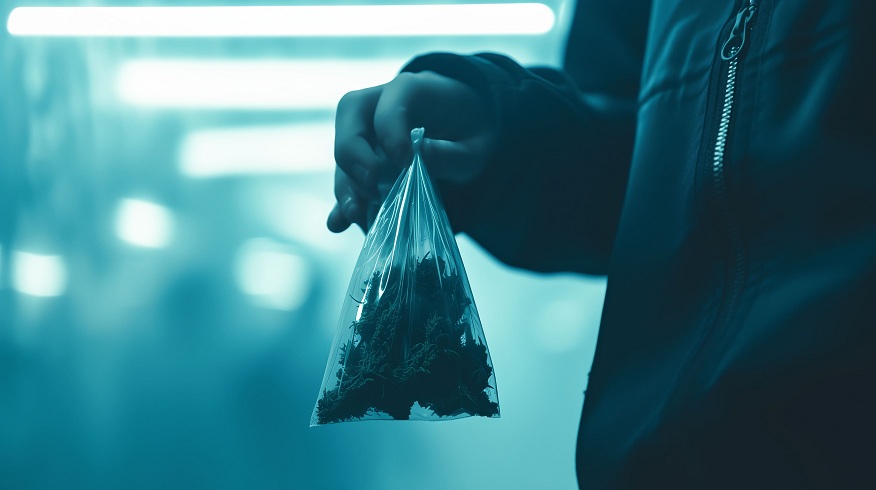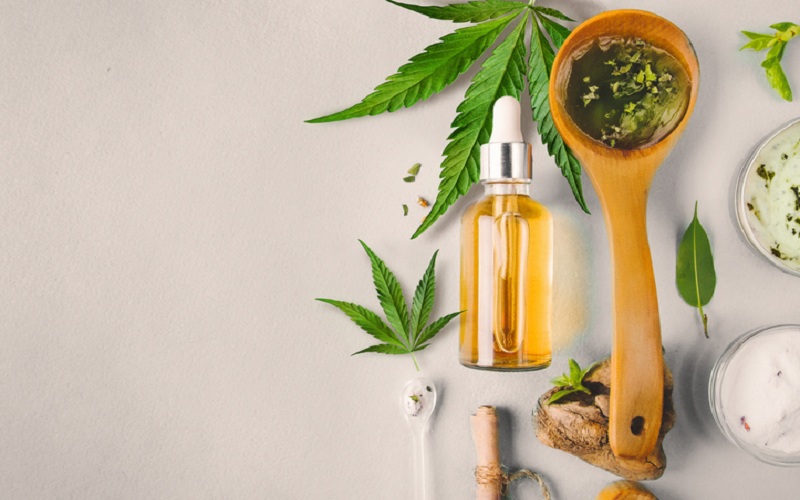Now that more than three-dozen states have legalized marijuana consumption either medically or recreationally, it is easy to think that carrying it across state lines is okay. But it’s not. Even among cannabis friendly neighbors like California and Oregon, it is still illegal to transport marijuana across state lines.
The issue is ongoing conflicts between federal and state law. There is only one way to resolve such conflicts: Washington lawmakers legalizing marijuana in all fifty states. And since that is unlikely to happen anytime soon, the prohibition against interstate transport remains intact – even among patients who use cannabis medically.
A Schedule I Controlled Substance
Under current regulations, the Controlled Substances Act (CSA) classifies marijuana as a Schedule I controlled substance. That means THC is in the same boat. Federal law prohibits transporting illegal substances from one state to the next regardless of the circumstances. The federal government has such authority under the Constitution’s interstate commerce clause.
By the same token, states assert their freedom from the interstate commerce clause as long as they limit marijuana cultivation, distribution, and possession within their own borders. More on that in a minute. The point is that preventing state residents from transporting marijuana across borders keeps Washington at a distance – at least in terms of enforcing laws against interstate transport.
States Don’t Need the Hassle
Nearly every marijuana-friendly state has included language in its regulations prohibiting the practice of bringing marijuana in from other states. Highly conservative Utah is the perfect example. According to the operators of Brigham City’s Beehive Farmacy, all medical cannabis consumed in the state must be purchased from a state-licensed pharmacy. This includes consumption among out-of-state visitors.
Utah issues temporary visitor cards to out-of-state guests in need of medical cannabis. With a card in hand, a visitor can stop by either Beehive Farmacy location to purchase their medicines. Those medicines must be fully consumed during the visitor’s stay or destroyed when they leave. Medical cannabis purchased by one person cannot be transferred to another. It cannot be carried out of the state either.
It all boils down to the fact that states do not need the hassle of potential federal violations. Washington has turned a blind eye to enforcing marijuana laws within state borders. But the minute marijuana starts traveling across state lines, all bets are off. If the states can continue to keep Washington at bay by not allowing interstate transport, that is exactly what they will do.
Air Traffic Is Included
If you are tempted to think that transporting marijuana across state lines is limited to vehicular traffic, think again. Air traffic is included in the ban. Not only that, but you also cannot legally board a flight in the U.S. while carrying marijuana or THC in any form. Hemp and CBD are an entirely different matter.
Hemp and CBD are both legal nationwide thanks to the 2018 Farm Bill. You can purchase CBD oil in one state and carry it clear across the country in your car without issue. You can pack CBD in your luggage before boarding a plane. It is not a problem.
As a brief side note, we are starting to see some emerging problems with alternative cannabinoids like delta-8 and delta-10. The DEA claims authority to regulate such cannabinoids. They classify them as marijuana under the CSA. Therefore, you are taking a risk by carrying delta-8 or delta-10 across state lines.
Perhaps the federal government will one day legalize marijuana and THC. Until that day comes, carrying marijuana across state lines is a no-no. Do not take your chances with it.



